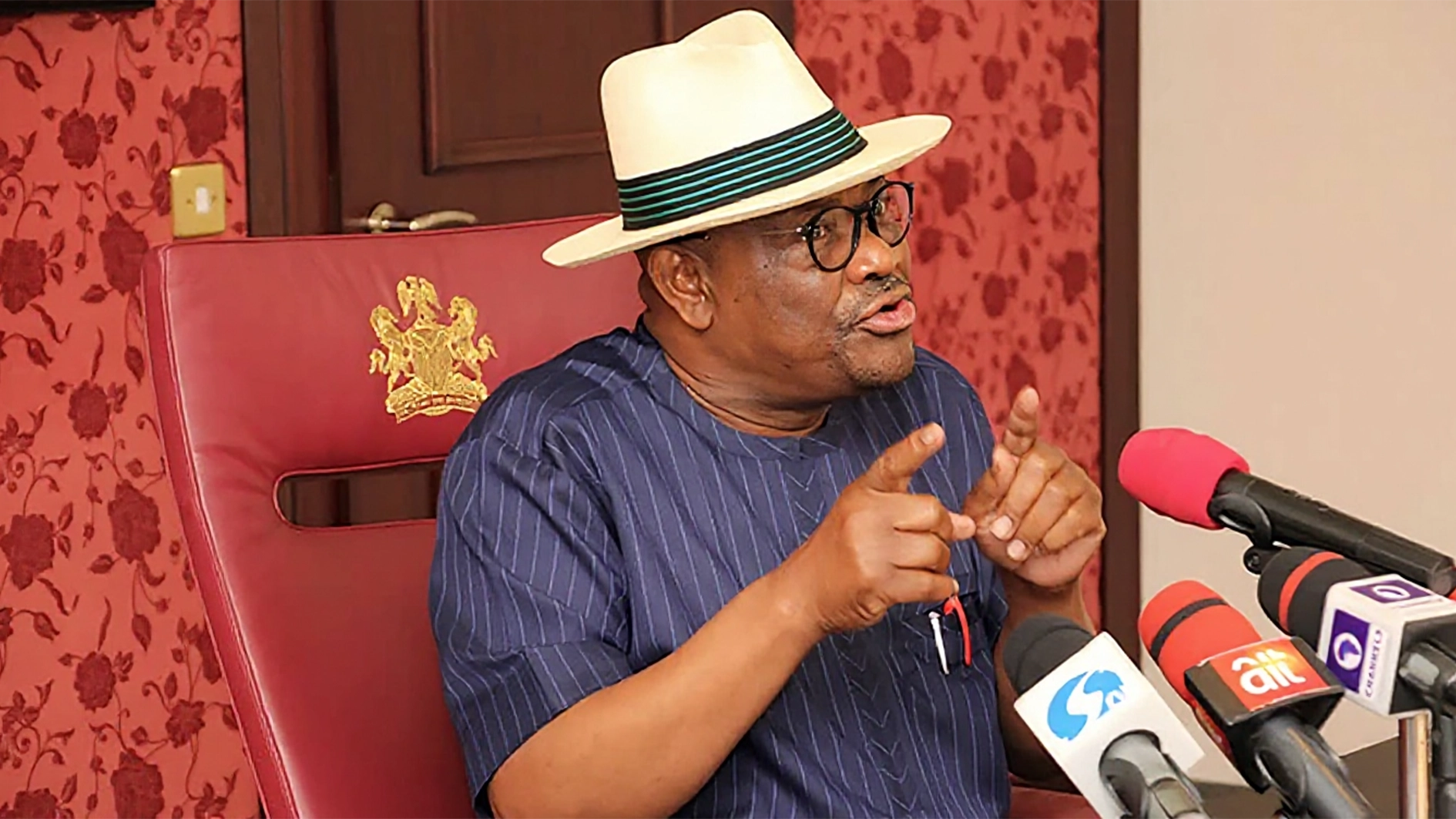The Academic Staff Union of Universities (ASUU) has declared a two-week nationwide strike, marking its 18th industrial action in 26 years.
The union says the decision followed the Federal Government’s failure to address long-standing issues affecting public universities.
ASUU President, Prof. Christopher Piwuna, announced the strike at a press conference on Sunday in Abuja.
He said the action would take effect from 12:01 a.m. on Monday, October 14, 2025, and ordered all branches to withdraw their services.
According to Piwuna, the strike became inevitable after several rounds of discussions with government officials failed to produce tangible results.
He noted that the government had asked for more time after a two-week ultimatum expired without meeting ASUU’s seven-point demands.
“Government has been asking for time with nothing concrete on the ground to resolve it,” he said, adding that the union had “exhausted all avenues for dialogue and patience.”
What led to the strike
The union accuses the government of failing to implement agreements reached as far back as 2009. Some of the key issues include:
Renegotiation of the 2009 ASUU-FGN agreement
Sustainable funding and revitalisation of public universities
Unpaid salary arrears of 25–35 per cent and promotion arrears of over four years
Unremitted third-party deductions
Alleged victimisation of members in some institutions
Piwuna said the government had raised hopes during a previous NEC meeting by requesting three additional weeks to address the issues but failed to deliver.
A long history of strikes
This is not the first time Nigerian universities have been shut down due to disagreements between ASUU and the Federal Government.
Since 1999, the union has embarked on 18 strikes, ranging from warning actions to long-term shutdowns.
Previous strikes took place in 1999, 2001, 2002, 2003, 2005, 2006, 2007, 2008, 2009, 2010, 2011, 2013, 2016, 2017, 2018, 2020 and 2022.
Each action has disrupted the academic calendar, leading to delayed graduations, extended courses, and mounting frustration among students and parents.
What happens next
ASUU’s current strike is expected to last two weeks. After that, the union will meet again to decide its next steps if the government fails to meet its demands.
The union has urged civil society groups, well-meaning Nigerians and the media to put pressure on the government to resolve the crisis once and for all.
The Federal Government has yet to release a concrete response to ASUU’s latest move, but observers say the coming days will determine whether the shutdown will end quickly or escalate into another prolonged standoff.






